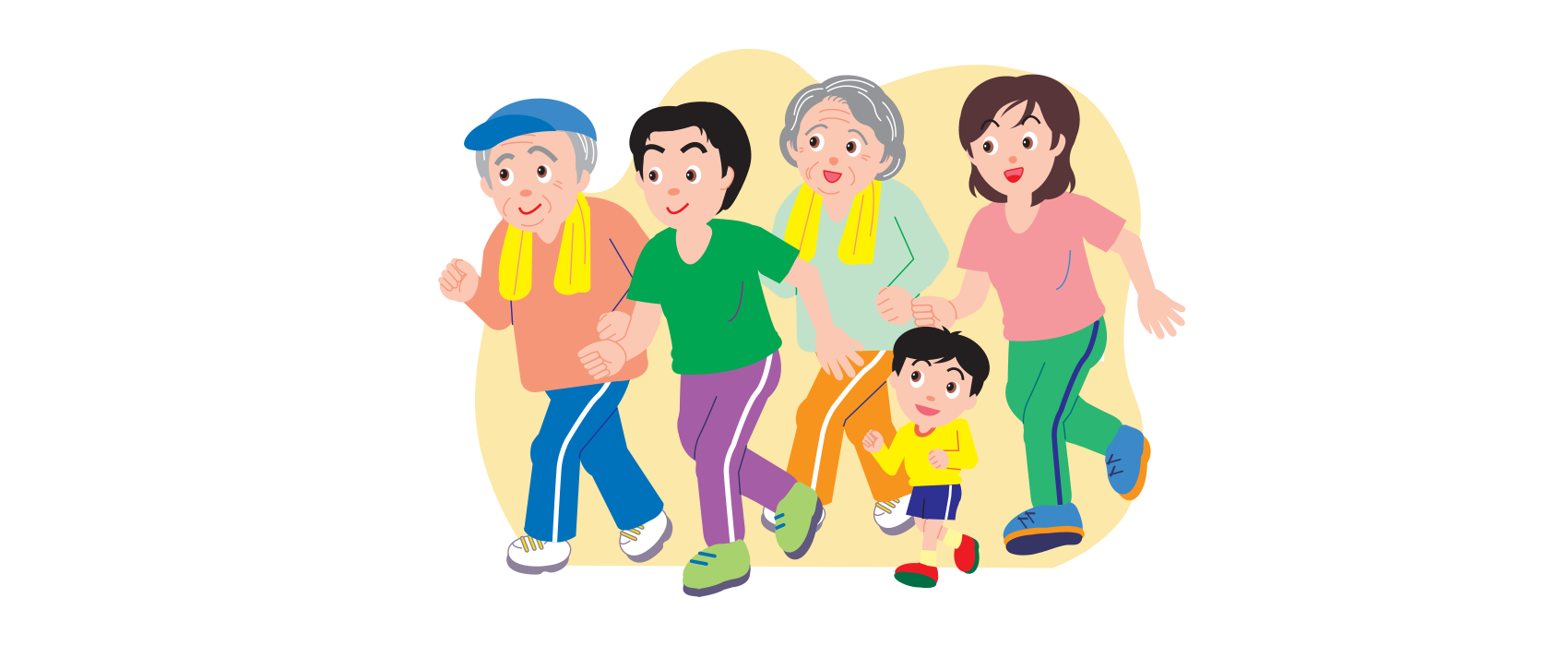
After diagnosis, the next few months can feel hard and some wonder if life will ever feel normal again. Add Covid to the mix and the things intensify. After diagnosis many people wonder when they can start traveling again, sleep through the night and feel like life resembles some kind of normal. While a lot goes into managing diabetes, life will go on, and it can still be beautiful.
With new diagnoses during the pandemic, I’ve seen an uptake of people struggling with management and having a hard time knowing what to do. A lot of this comes from virtual Endo visits, inability to meet other people and families with diabetes due to social distancing, an uptake in social media use, having more time in general to focus on diabetes, and increased stress among other things.
Here are a few tips I have for anyone new to diabetes, anyone struggling with management and anyone with diabetes/caring for someone with diabetes in general.
1. Don’t rush into a pump and other diabetes tech. It’s easy to think that with more tech come better numbers and easier management, but that’s not always the case. While diabetes tech can be incredibly helpful, it can complicate things and adds layers of complexity. Find out what’s out there, but don’t rush into things. People have been successfully managing diabetes for years without the latest and greatest technology.
2. Don’t believe everything you see on social media. When you see post after post of perfect BGs, know that people post the best of the best and they’re hiding the bad days. While I find social media great for connecting with other people, the double edged sword is that it can be harmful and lead to information overload, bad advice and unrealistic expectations.
3. We’re not aiming for perfect BGs, we’re aiming for long-term success mentally, physically and emotionally. It can take some time to get things where you’d like them but change always takes time. Don’t burn yourself out. Make diabetes management as simple and easy as possible. If you’re the parent of a Type 1, as your child moves off to college, empower them with tools to manage their diabetes successfully and not a full-time job of micromanaging a condition that’s made you lose years of your life to stress over making it “perfect”.
4. Reach out to others when you need help or someone to talk to. Remember that there’s always someone willing to help.
5. When reviewing data, don’t focus on single events, but rather look at patterns. As much as we try to calculate and predict blood sugars, life happens, and diabetes throws curveballs. Focusing on single, random events can take a lot of time and energy and isn’t usually helpful.
6. A common myth I hear for someone new to diabetes is that blood sugars should be the same as someone without diabetes. While I do agree that theoretically this makes sense, achieving that is both difficult and comes with a lot of sacrifice. I agree that we should strive for the best BGs possible, but not at the expense of having a lot of lows, missing out on activities and adding more time and energy than is needed. While many organizations set standards for time in range and A1c, everyone is different. Talk to your healthcare provider to set realistic goals for yourself.
7. Don’t let all the horror stories everyone feels compelled to share with you get to you. Most horror stories related to diabetes involve exponential circumstances that you’re probably not going to find yourself in. With proper education and preparation, most situations can be avoided or dealt with.
8. Keep living your life. I was taught how to drive a manual transmission when I was 15. It was really hard at first, and I know my dad was stressed when riding with me because, although he rarely said anything, I could feel him tense up in the seat next to me. We both have Type 1, and had sensors been around at the time, I’m sure I could’ve watched the double up arrows appear on his receiver as we got in the car. Eventually I learned how to drive the car, and don’t kill the transmission very often. Learning to manage diabetes is like learning how to drive a manual vehicle. Diabetes is hard at first, but you get used to it. Just like I used to avoid big hills as I was learning to drive, you may avoid high carb hills at first, like pizza and pasta, or certain activities, but as you learn and grow, you’ll get the hang of it. Yes, I still kill the transmission in the car sometimes, and I totally botch meals here and there, but I’m in it for the ride. Don’t use diabetes as an excuse to not go on an adventure.
9. Don’t take diabetes too seriously. While situations can be serious, focusing on the positive and not letting it be too heavy helps keep a clear head and a positive look on things.
10. Keep yourself in check. If you’re losing excessive sleep over diabetes or feel that your mental health is suffering, you may need additional help. Call us at Integrated Diabetes to set up an appointment with one of our educators.
Remember that a new diabetes diagnosis will get better with time. Looking back, I still can’t say that I’m glad I got diabetes, but I can say that it’s taught me things I wouldn’t trade for anything in the world. I wouldn’t have it any other way!




